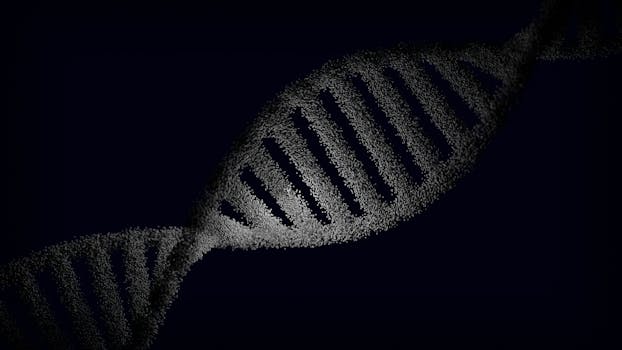Short-term fasting has become a popular method for rapid results, and many people ask whether a 3 day fast weight loss plan is an effective and safe way to drop pounds quickly. This article explains what typically happens during a three-day fast, how much weight people often see, the health risks to be aware of, and sensible precautions you should take if you choose to try a brief water fast or other zero-calorie approach.
3-day fast weight loss: what typically happens
During a 72-hour fast the body moves through predictable metabolic stages. Glycogen stores in the liver and muscles are depleted in the first 24–48 hours, which causes rapid loss of water weight. After that, the body increases fat oxidation and may produce ketones for brain fuel. For many people, observable 3 day water fast results include a loss of 2–8 pounds, with the majority in the first day or two due to fluid and glycogen depletion rather than true fat loss.
How much weight can you expect?
Individual results vary by starting weight, activity level, and how much glycogen and salt a person carries. People who consume more carbohydrates and salt beforehand often see larger initial drops because glycogen binds water. While the scale may move quickly on a short water fast, sustainable fat loss requires consistent calorie deficit and lifestyle changes; the immediate change after three days often reverses if regular eating resumes without attention to portion size and food choices.
Health risks and when to avoid a 3-day fast
Even short fasts carry risks. Common side effects include lightheadedness, low blood sugar symptoms (sweating, tremors, fatigue), headaches, dizziness, and difficulty concentrating. More serious risks include electrolyte imbalances, especially if you sweat heavily or have existing medical conditions. People with diabetes, pregnant or breastfeeding women, those with a history of eating disorders, and anyone on certain medications (like diuretics or insulin) should not attempt a prolonged fast without medical supervision.
How to fast more safely
- Consult your healthcare provider before starting, especially if you have chronic conditions or take medications.
- Stay well hydrated and consider electrolyte supplementation if advised by a clinician.
- Avoid intense exercise and heavy lifting while fasting; reduce activity to light walking and gentle movement.
- Plan a cautious refeeding period: start with small, balanced meals and avoid overloading on very high-carb or high-fat foods immediately after the fast.
- Listen to your body—end the fast if you experience severe dizziness, fainting, chest pain, or confusion.
What the research and expert guidance say
Short-term fasting is studied for metabolic effects and potential benefits like improved insulin sensitivity in some contexts, but evidence is mixed and long-term sustainability is unclear. For a broad overview of fasting, physiology, and historical use, reputable summaries such as the fasting entry on Wikipedia discuss mechanisms and study findings in detail: fasting (Wikipedia). Remember that clinical recommendations depend on individual health status, not general headlines.
If you are curious about longer fasts or want to compare experiences, read clinical guidance and safety tips before extending beyond three days; our in-depth 96-hour fasting guide offers practical precautions and monitoring strategies for extended water fasts: 96-hour fast: what to expect and how to do it safely.
Practical alternatives to a 3-day water fast
If your goal is steady, sustainable weight loss rather than a quick drop on the scale, consider safer, evidence-backed options: moderate calorie reduction, increased protein and fiber intake, regular physical activity, and intermittent fasting patterns such as time-restricted eating (for example 12:12 or 16:8). These approaches often provide metabolic benefits with fewer risks and better long-term adherence than consecutive days of zero-calorie intake.
Takeaways
- A 3-day fast typically causes rapid initial weight loss, mainly from water and glycogen, not fat.
- Short fasts carry risks—electrolyte imbalance, dizziness, low blood sugar—and require caution.
- Consult a healthcare provider and plan gentle refeeding if you attempt a multi-day fast.
- Sustainable weight loss is usually achieved through consistent dietary changes and activity rather than repeated short fasts.
Is a 3-day water fast safe for everyone?
No. People with diabetes, pregnant or breastfeeding people, those with eating disorder histories, and anyone on certain medications should avoid prolonged fasting unless supervised by a clinician. Even healthy individuals should check with a provider before attempting a multi-day zero-calorie fast.
Will a 3-day fast burn fat?
Some fat oxidation increases after glycogen is depleted, but most of the rapid scale change in a 72-hour water fast comes from water and glycogen loss. Sustainable fat loss requires ongoing caloric deficit and behavior changes, not a single short fast.






